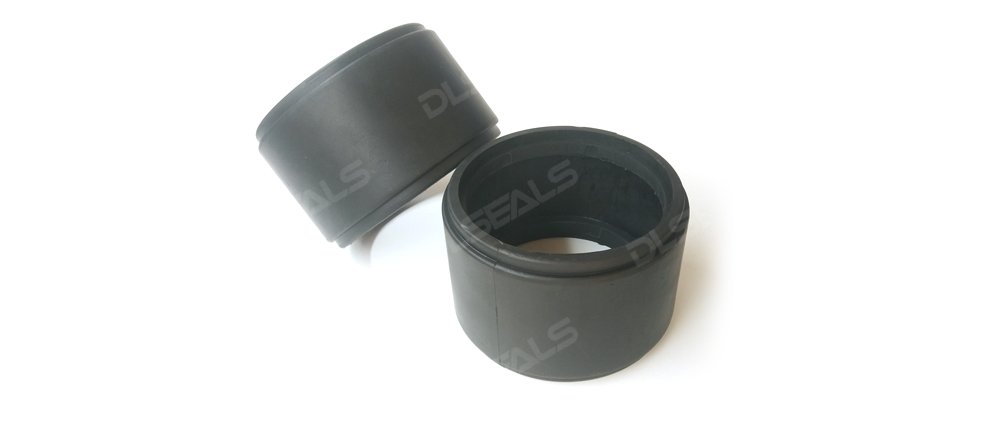Rubber seals play a crucial role in machinery by providing effective sealing solutions that prevent leakage and contamination. These seals are essential components in various industries, including automotive, aerospace, manufacturing, and more. From hydraulic systems to engines, rubber seals contribute significantly to the efficiency and longevity of machinery.
What Are Rubber Seals?
Rubber seals, also known as elastomeric seals, are made from rubber or elastomer materials such as silicone, nitrile, EPDM, or Viton. These materials offer flexibility, resilience, and resistance to temperature, chemicals, and wear, making them ideal for sealing applications.
Enhancing Machinery Performance
Rubber seals are designed to create a barrier that prevents fluids, gases, and contaminants from entering or exiting specific areas of machinery. By maintaining proper seals, machinery can operate more efficiently, with reduced risk of component damage or failure due to leakage or contamination.
Key Benefits of Rubber Seals:
Sealing Efficiency: Rubber seals provide excellent sealing performance, ensuring tight seals even under high pressure or temperature conditions.
Durability: With their resilience and resistance to wear, rubber seals offer long-term durability, reducing the need for frequent replacements and maintenance.
Versatility: Rubber seals can be customized to suit various applications, sizes, and shapes, making them versatile solutions for different machinery requirements.
Chemical Resistance: Depending on the elastomer material used, rubber seals can withstand exposure to various chemicals, oils, fuels, and solvents, ensuring reliable performance in harsh environments.
Cost-Effectiveness: By preventing leaks and contamination, rubber seals help minimize downtime, repair costs, and the risk of machinery damage, leading to overall cost savings.
Applications of Rubber Seals:
Rubber seals find applications in a wide range of machinery and equipment, including:
Automotive engines, transmissions, and braking systems
Hydraulic and pneumatic systems
Industrial pumps, valves, and compressors
Aerospace components
HVAC systems
Medical devices
Electrical enclosures
Conclusion:
Rubber seals are indispensable components that contribute to the efficient operation and longevity of machinery across various industries. Their sealing efficiency, durability, versatility, and cost-effectiveness make them essential for preventing leaks, contamination, and costly downtime. By investing in high-quality rubber seals and maintenance practices, businesses can optimize machinery performance and minimize the risk of premature wear or failure, ultimately enhancing productivity and profitability.
Post time: May-27-2024

